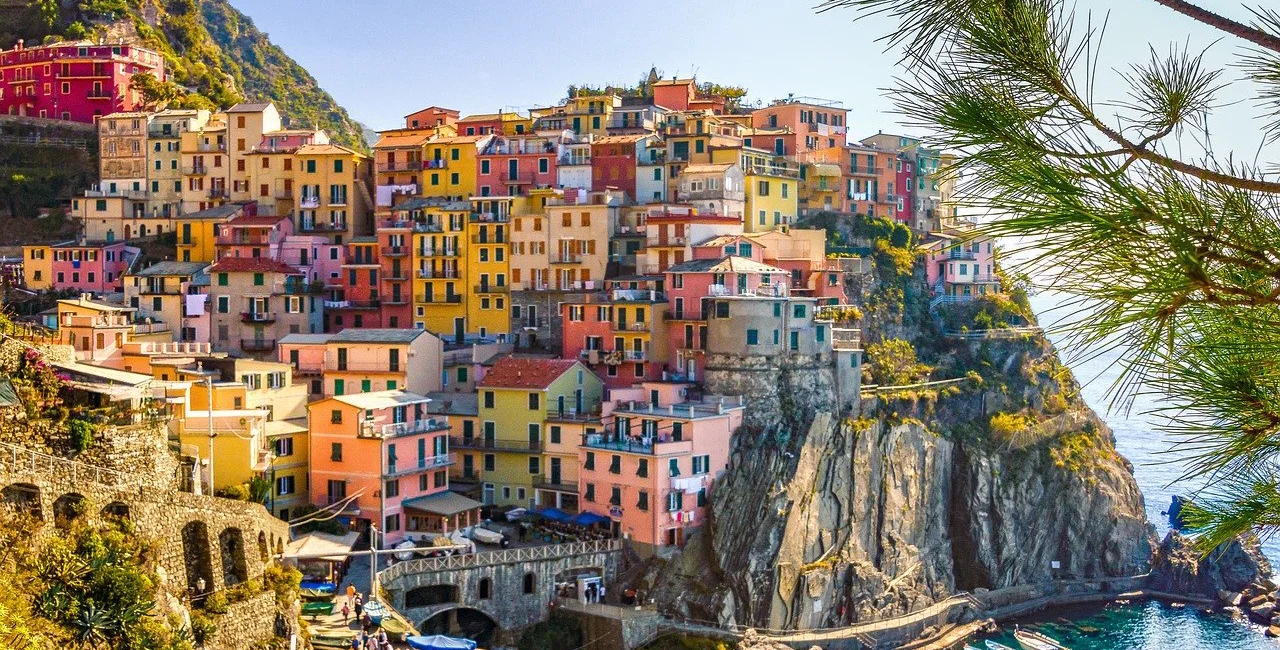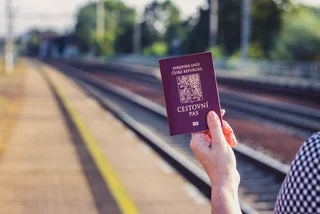Popular summer travel destinations across Europe, including Greece and Croatia, are tightening some of their entry requirements and hygiene for European residents amid the ongoing pandemic.
At the moment, Czech residents are free to visit nearly every country in the EU without presenting a negative COVID-19 test upon returning home; that list excludes Sweden, Serbia, or Montenegro.
But even as tourists flood summer destinations for their vacations, countries are tightening up restrictions and entry requirements. Here’s a look at the current travel requirements to places like Greece, Croatia, and more.
Greece
Greece previously announced that visiting tourists will need to fill out a form prior to arriving in the country. At least 48 hours before arriving, you will need to complete the electronic Passenger Locator Form online (find it here). Once you fill it out, you’ll receive a QR code to present to authorities at least one day before your arrival.
If you arrive through an airport, you will present your QR code, and depending on the information, you may be tested for coronavirus or directed to exit the airport. Until the results become available, you may be required to self-quarantine. A similar process will be available for passengers arriving by sea or land.
In addition, the country now requires tourists entering through the Promachonas land border to submit a negative result to the molecular PCR test for COVID-19. In addition, authorities randomly test tourists for COVID-19 when entering the country. The test cannot be older than 72 hours.
“Until the test result, you must remain in voluntary isolation at the address provided by you, and in the case of a positive result, quarantine for 14 days again at the address provided or at a hotel designated by the authorities. Refusal to take the test is usually a reason for refusing entry into the country,” it says on the website of the Czech Ministry of Foreign Affairs.
Once you enter the country, safety measures will depend on the location of your travel. For example, conditions in Leptokaria, a beach town in the north, are similar to those in Czech Republic.
PARTNER ARTICLE
Local government officials are considering banning certain activities as well for hygiene purposes. The Greek Ministry of Health recommended banning traditional events through the end of July, including markets, festivals, and other outdoor gatherings and festivals.
Croatia
Croatia, one of the most popular beach destinations for Czech residents this summer, is also tightening restrictions for tourists. Everyone must wear masks in shops and on public transit as well as at gas stations. Coronavirus infections have grown significantly since the country opened its borders for summer tourism; Zagreb and Split are the hotspots.
The country now allows American citizens to enter the country for business, tourism, and urgent personal reasons so long as they have booking confirmation. However, Americans must also submit a recent COVID-19 test showing negative results. For the most up-to-date information, check their website.
Other Destinations: Italy, Cyprus, Slovakia, and More
In Bulgaria, the local government is considering extending emergency epidemiological measures until the end of July, according to CT24. Officials are trying to curb the growing number of people infected with COVID-19 in the country. Prior to entering hotels, visitors must sanitize their hands. In addition, tourists must wear masks in some parts of the country.
Cyprus is also tightening its restrictions. Czech tourists heading to Cyprus must submit a negative coronavirus test and complete a Cyprus Flight Pass form.
Right across the border, Slovakia is proposing higher fines for its own citizens who return from high-risk countries without reporting it to the government. The fines could jump from 1,650 Euros to 5,000 Euros.
“This means that it should have a sufficiently deterrent effect on all those irresponsible who come and threaten others,” said Slovak Foreign Minister Ivan Korčok.
Italy, one of the countries that suffered a significant amount of deaths following the pandemic, has extended the use of masks across the country. In public spaces, you must wear masks until the end of July. The country is also postponing opening local nightclubs until the end of the month.
In Hungary, the local government is introducing its own traffic light system to determine what tourists can enter their country. Czech residents remain on the green list for entry. Residents from red countries, for example, will not be able to enter the country.
“Every Wednesday, the government will reassess the situation and, if necessary, the number of countries in the yellow or red category could increase,” said Hungarian Prime Minister Gergely Gulyás.
Will you be traveling outside of the Czech Republic this summer?












 Reading time: 3 minutes
Reading time: 3 minutes 





























